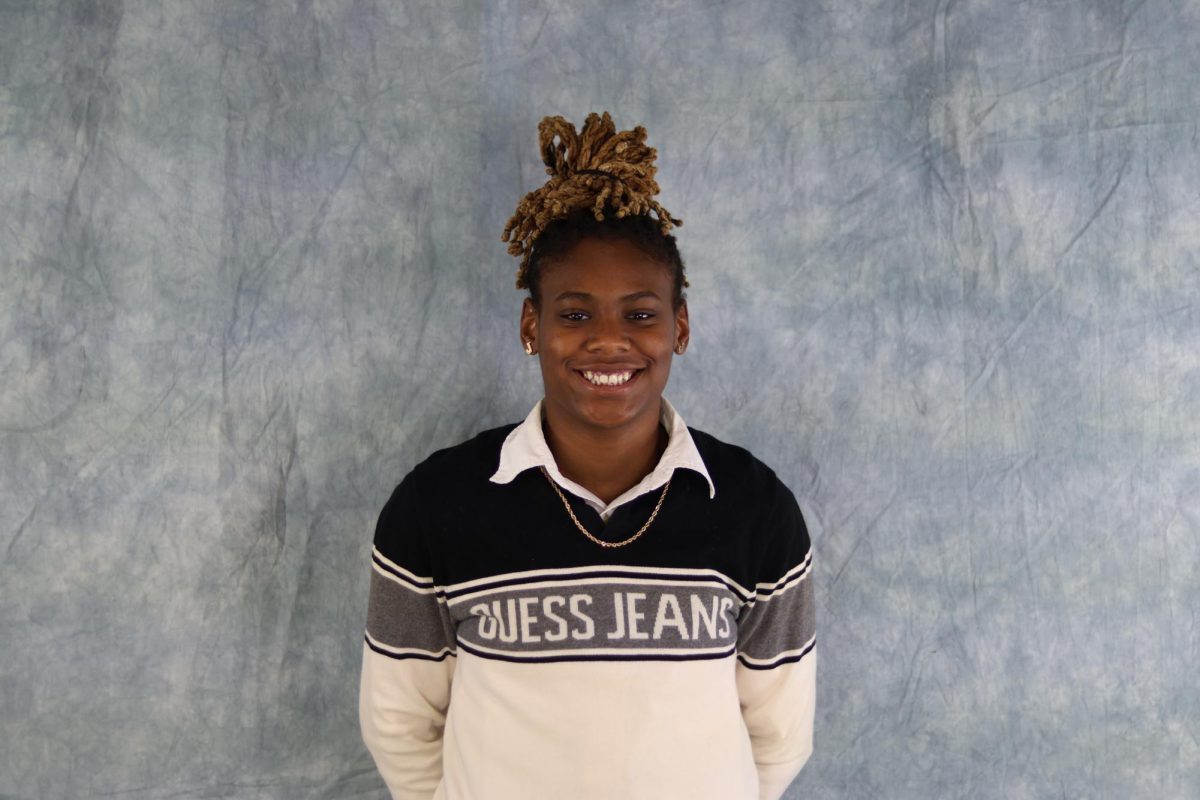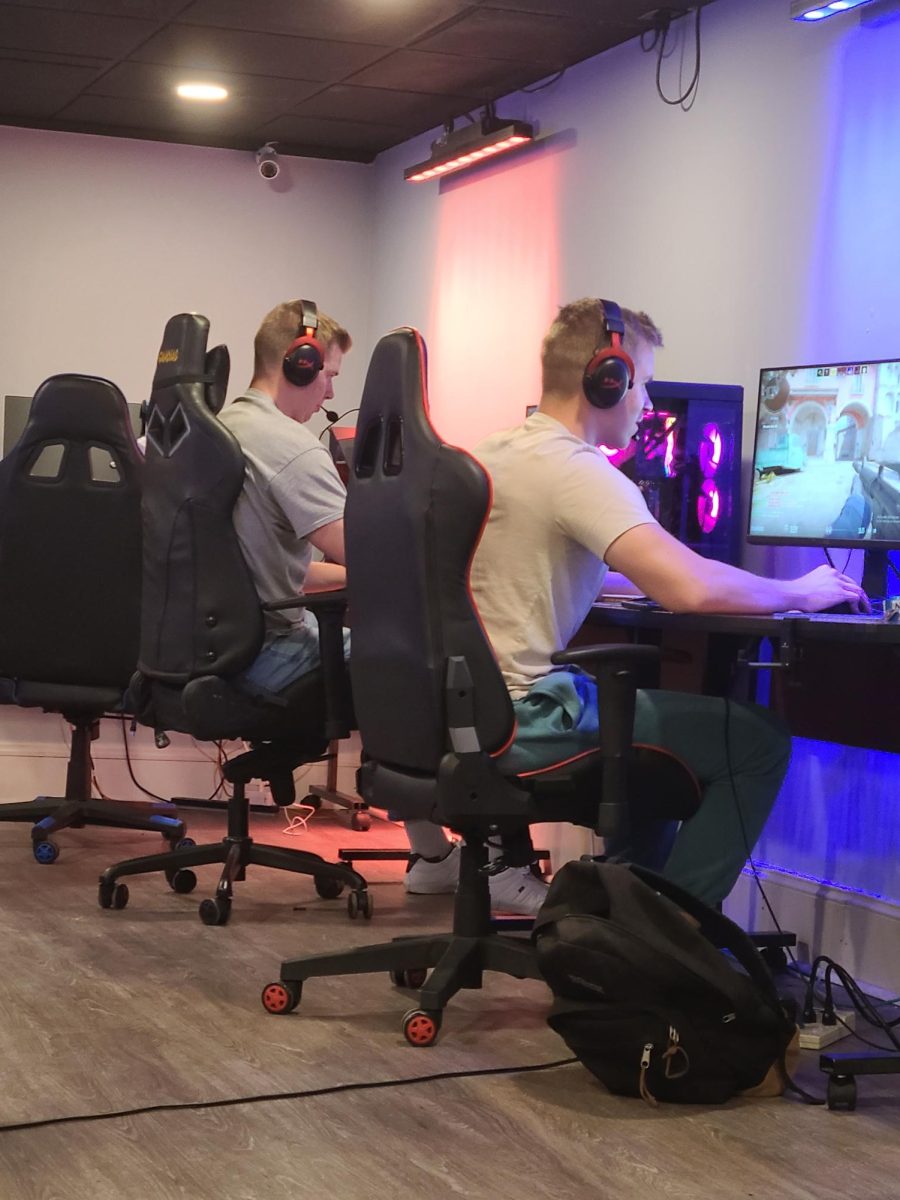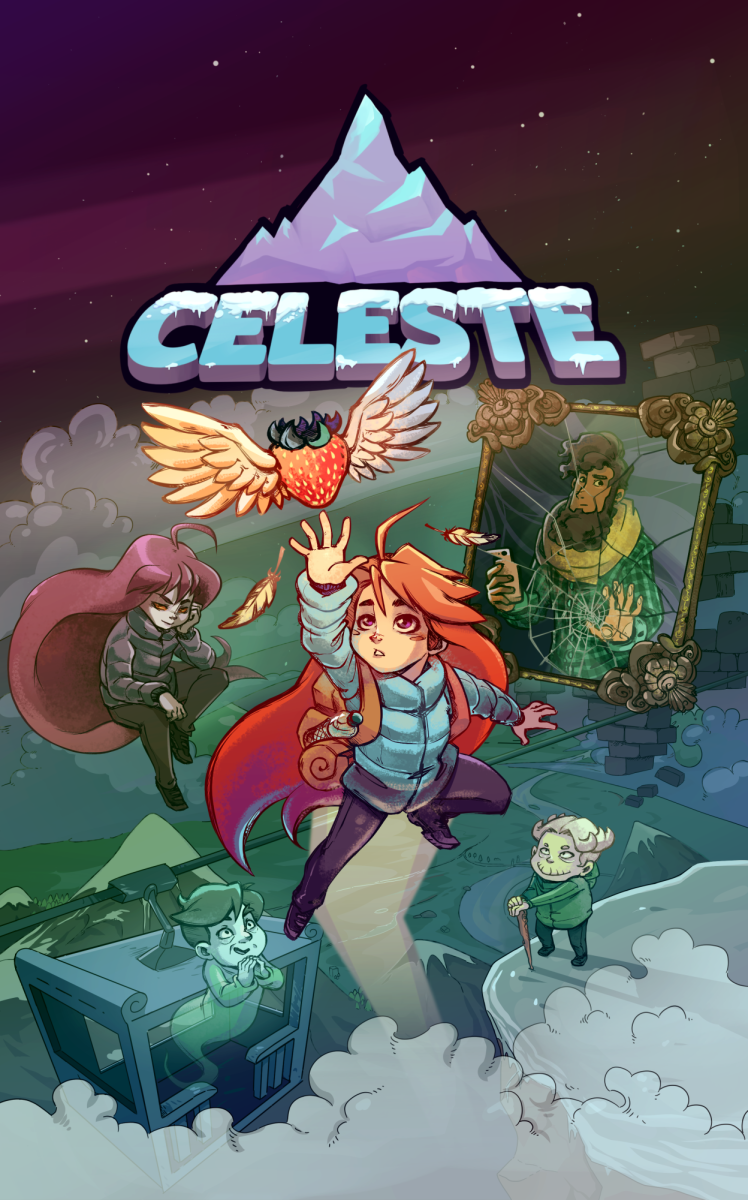Video games have seen amazing improvements in recent years. Better graphics, faster performance, and engaging stories draw players into a different world. While each player has different likes and interests, many video game enthusiasts agree that a game is more interesting when there is a degree of challenge. Having difficult obstacles that players must overcome through their skill or wit makes a game even more satisfying to beat.
While they are not everyone’s cup of tea, many enjoy platforming games for their familiar controls and mechanics. Platforming games have a player traversing different platforms (hence the name) to get from one area to another. These types of games vary in difficulty, with some being simpler than others. One game that is accessible to both new and veteran players is Celeste, an indie game that focuses on fast movement.
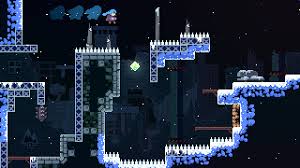
However, the game is not as simple as moving from platform to platform to complete the player’s quest to climb Celeste Mountain. Madeline, the main character of the game, must face off against her darker self (called ‘Badeline’ by many fans) as she traverses the magical and mysterious mountain. This part of her represents her anxiety and depression, constantly telling her that she cannot climb the mountain and that she should give up and return home. The parallels between anxiety attacks and depressive episodes are rife throughout the game.
It is here that players get a taste of what truly makes Celeste special. Throughout her journey, Madeline is faced with obstacle after obstacle. She must traverse a ruined city, help a troubled ghost in a dilapidated hotel, and face the darkest parts of herself in a terrifying mirror world. Through every obstacle, Badeline is there to constantly belittle Madeline (and by proxy, the player). About halfway through the game, Madeline decides to confront her other self and—thinking it is the right choice—tries to convince Badeline that she is no longer needed. As many people with anxiety and depression will relate to, this only divides the two worse and sends both girls into a spiral of self-hatred.
Celeste offers an amazing gaming challenge, but the story touches gamers far more than the platforming ever could. It is only when Madeline accepts the other side of herself—the side that is scared, alone, and wants to keep her safe—that she can begin to climb to the peak of Celeste Mountain. Madeline and Badeline help each other, with the latter giving the player character boosts at key moments. The end of the game is the most satisfying to complete: in one long stretch, the player must reach a series of difficult checkpoints using all of the skills they have learned to that point.

If the main story is not challenging enough for some players, there is an added collectible that needs to be gathered to reach 100% completion. Strawberries float around various stages, and while they are easy enough to grab at the tutorial level, they become increasingly harder to get. Many players will rack up hundreds of on-screen deaths to obtain one small red strawberry, but it is here the message of Celeste shines brightest. One must continue to struggle toward a goal. The satisfaction a player gets once they get a hard-earned collectible is euphoric.
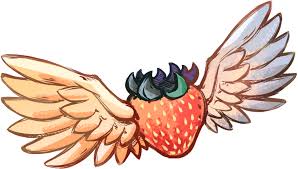
There are even more challenges that the game has in store for dedicated players, and that is exactly the message of the game. Continuing to persevere, even when things seem impossible, will bring about something amazing. For Madeline, this is acceptance of the fragile parts of herself. Whether players enjoy the game for its challenge or its story, all agree that this Indie darling will have a special place in their hearts for a long time to come.







